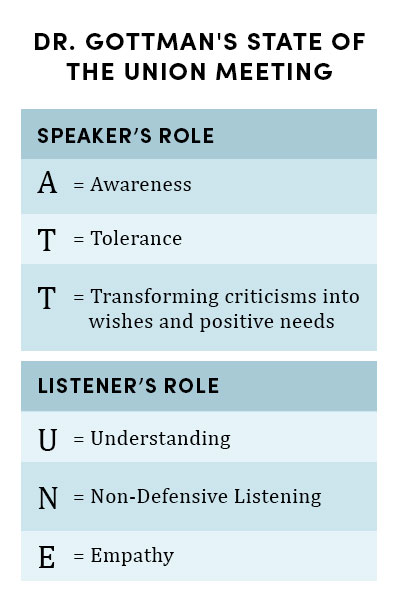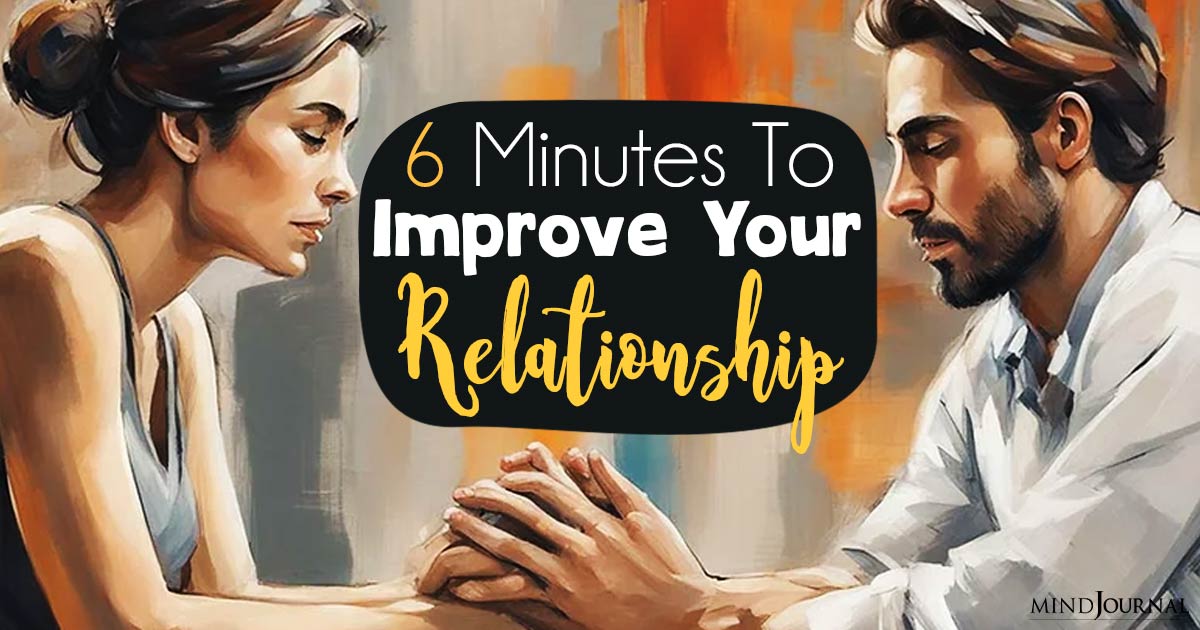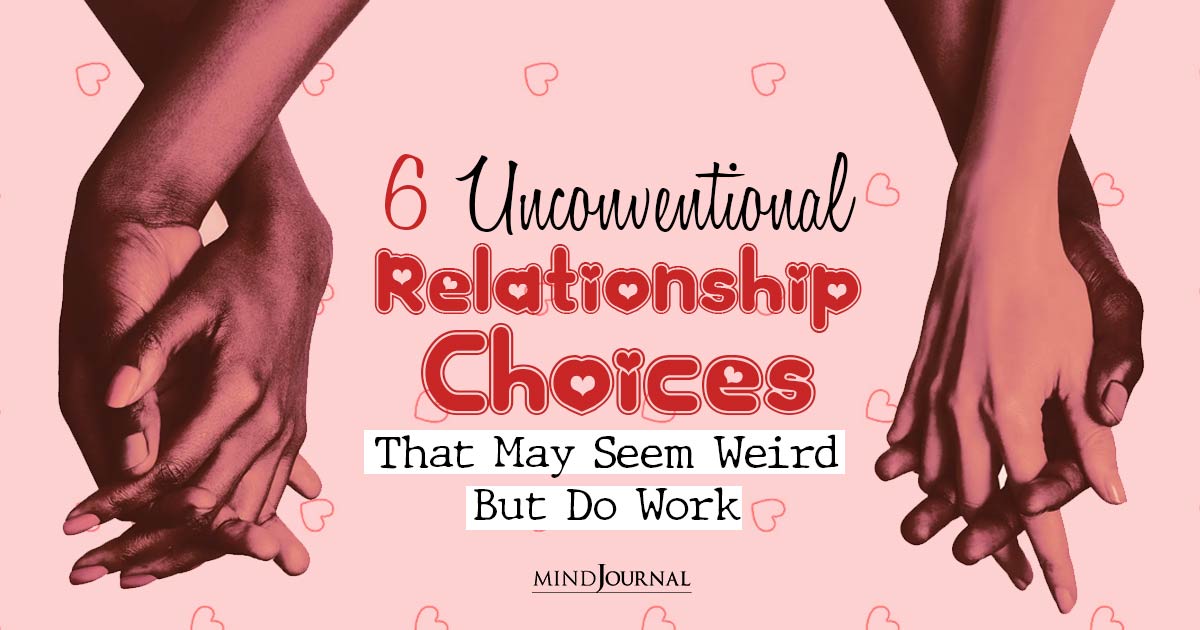The first part of the State of The Union Meeting mostly depends on how well you understand each other.
How you and your partner fight directly influences how emotionally connected and passionate your relationship is.
After four decades of research on thousands of couples, Dr. Gottman noticed that the Masters of relationships fought differently than the Disasters.
The Masters focused on attuning to each other by seeking to understand before problem-solving, whereas the Disasters consistently devolved into the Four Horsemen: criticism, contempt, defensiveness, and stonewalling.
To help couples successfully navigate issues like the Masters instead of the Disasters, Dr. Gottman created a weekly meeting called “The State of the Union.”
Hold your own State of the Union
The first step is to have a pre-conflict warm-up. By focusing on the positive aspects of your partner and of your relationship at the beginning of the discussion, you remind yourselves that you are fighting for each other, not against each other.
By starting with these sweet words of affirmation, you are intentionally beginning your meeting from a place of calm. (It’s almost impossible to yell at your partner when you’re telling them all of the things you love about them.)
Next, agree on an area of tension to talk about and work together to decide who will start as the speaker and who will start as the listener.
The speaker will share their perspective of the event for a few minutes without interruption as the listener takes notes on a notepad about what the speaker is saying.
If you’ve been following along with our State of the Union Column, you are familiar with the six mindset shifts that Dr. Gottman recommends for the speaker and the listener to promote effective conflict resolution. Based on analyzing happy couples in his Love Lab, he developed an acronym, ATTUNE, to encapsulate these mindset shifts:
Each partner will be given time to speak and a time to listen as you work through the different stages of your disagreement.
When it’s your turn to speak, you get the floor for as long as you need to fully express your feelings and perspective on whatever issue you’ve chosen to discuss.
This is not the time to persuade your partner or recommend a solution. I know it’s difficult to resist solving the problem at this point, but we know from Dr. Gottman’s research that it is counterproductive to try to problem-solve before each partner feels understood.
If you’re the speaker, follow this recipe for success: I feel [name an emotion], about [a specific event], and I need [state a positive need].
Once the speaker talks for a few minutes have the listener reflect back what they heard confirm that they understand what the speaker has expressed. One question I have the listener ask the speaker is, “Did I get it right?”
If the listener understands the speaker, then begin to empathize by saying, “It makes sense that you feel [x] about [y] and that you need [z]. I would feel that way, too.”
After this, have the speaker and listener swap roles. When you both put the ATTUNE skills into practice, it’s not going to sound like a “normal” conversation. It may even feel uncomfortable at first, but if how you’ve been dealing with conflict hasn’t been working, then maybe it’s time to discover a new “normal” for engaging in conflict with each other.
A State of the Union in action
Emily and Kris have been married for five years and have a three-year-old boy. Emily works full time outside of the house at a demanding job while Kris works part-time from home and cares for their son.
When Emily gets home from work around 4 pm, she then leaves at 5 pm to go to the gym and participate in community groups and events and doesn’t return home until around 9.
Since she is busy, she is adamant about being in bed by 9:15 pm. Each time Emily gets ready to leave the house, a nasty cycle of conflict occurs. Emily feels unappreciated, Kris feels neglected.
Their State of the Union meeting focuses on time together. Emily wants Kris to stop fighting with her every evening. Kris wants more of a contribution from Emily with the house, their son, and their relationship during the week. Before they can reach an agreement, they need to hear each other out.
Here’s how their conversation went with Emily as the speaker and Kris as the listener:
Emily: I’m really hurt and frustrated when I leave the house. I wish you would take the time to connect with me between work and when I have to leave again. [Transforming a criticism into a wish.]
I’m exhausted by work and our fighting every day makes it hard to work on this issue again. [Awareness: Using “I” statements.]
Kris: Hmm, so you feel frustrated about our fighting and you want me to spend time with you before you leave again?
Emily: Correct. I need you to talk kindly to me.
Kris: Okay, so can you give me an example? [Understanding: Kris doesn’t assume he knows how to solve the problem and instead focuses on making sure he understands her clearly.]
Emily: Yeah, sure. I need you to ask me about my day and listen. I have a really demanding job to support our family and I feel lonely because I fear to say anything to you because it might turn into a fight. I want to feel like I can talk with you.
Kris: Okay, so you want me to ask you questions about your day and listen?
Emily: Yes. I really crave that.
Kris: I get that. I really do. You work hard all day and then you have to come home to fighting. That’s hard. [Empathy.]
Emily: It really is.
Kris: Do you feel understood?
Emily: I do.
Kris: Is there more to this issue? [Understanding: Making sure the issue is completely explained.]
Emily: There is. I know you work hard at home and have to manage a lot. You have Jacob and keep the house in order. [Respecting Kris’s perspective.] I also need you to appreciate what I do for the family. I want to feel respected for the work that I am doing. [Stating positive needs.]
Kris: I guess I haven’t acknowledged your hard work in a while, huh? [Non-defensive listening.] It makes sense to me that you want to be respected and acknowledged by me for the work that you do. You’re a high-level, high-achieving executive.
Emily: Yes! I really value your respect and… what’s it called?… Oh! Admiration. That makes me feel loved.
Kris: I totally understand that. I get why not feeling respected and appreciated would make you not feel loved. That sucks you’ve been feeling that way. I’m sorry. [Empathy].
Emily: Thank you for saying that. That’s all I have for now. What do you need?
Kris now becomes the speaker and Emily the listener.
Kris: You’re never home and rarely spend time with Jacob and me. [He is using “you” statements that are accusatory. Not a good start.]
Emily: That’s not true. When I am home, I spend my time around Jacob and you. [Defensiveness. This blocks her from understanding Kris.]
Kris: You’re only home for an hour a day. Then you come home and go to bed. [More attacking “you” statements.]
Emily: Can we take a break right now? I’m feeling under attack. I’m having a hard time listening and I’m not hearing what you’re feeling in this. [Emily is feeling flooded so she asks for a break to try to get their conversation back on track.]
Kris: Yeah. Maybe a break is best. I am saying a lot of “you” statements and I know I shouldn’t be doing that. [Taking responsibility.] Want to pick this up in 20? I’m going to go for a walk.
Emily: That works for me.
Warning: if flooding occurs, pause the conflict discussion and take a break. When emotions are tense, our intellect becomes nonsense and you may say hurtful things that you will regret later.
If you do take a pause, make sure both partners agree on a time to revisit this conflict and work through it together.
When Kris and Emily returned after self-soothing, here is what happened:
Kris: I feel frustrated with myself that I attacked you and made it hard for you to listen. This is a hard topic to talk about. I’m going to focus on what I’ve been feeling.
Emily: Thank you. I appreciate that.
Kris: I feel really angry and neglected. I’m not angry that you’re successful with your practice. I’m actually proud of you. [Expressing an appreciation. Naming that there are two sides to every conflict and both are valid.]
Emily: Aww. Thank you.
Kris: You’re welcome. I guess I’m angry about how little time I get to spend with you. It feels like I don’t have the time to laugh and be goofy with you and so when we are together, I fight with you. I think Kyle was right when he said that I fight with you because I’m fighting for our relationship.
I really need to feel connected to you and spend more time with you. It’s hard when it feels like I have to put that into less than an hour a day and that time has to be shared with Jacob. I need us to carve out more time together just for the two of us.
Emily: I get that. I’m never home. I work from 7 to 4 pm and then after a quick dinner, I go to the gym and attend the other community things I’m a part of. It makes a lot of sense to me why you’re fighting. It sounds like you’re fighting to spend more time with me. Is that right?
Kris: Yeah. I need more time with you. [Transforming criticism into a wish.]
Emily: I understand that. I could use more time with you, too. You and I have talked about how my family only showed me affection when I achieved big things, so I guess that’s why I’m always so busy: because I’m trying to earn your affection.
Kris: Yeah. I can see that. I know it’s one of your “raw spots.” [Tolerance.]
Emily: It is. Let me see if I understand you correctly. So you’re angry and feel neglected because I’m so busy that you never get time to have fun with me like we did the first two years of our marriage, right? [Understanding.]
Kris: That’s it!
Emily: That makes perfect sense to me. I’d like to have more fun with you, too. [Empathy.]
Like all couples, Kris and Emily had a few missteps, but overall they were able to listen and empathize with each other.
Now that they understand where each other is coming from, they are ready to consider solutions to this conflict.
Written By Kyle Benson
You may also like:
- State of the Union Meetings Will Strengthen Your Relationship: Here’s How to Start Yours
- Understanding Must Precede Advice
- Reaching a Compromise: The Second Part of the State of the Union Meeting










Leave a Reply
You must be logged in to post a comment.